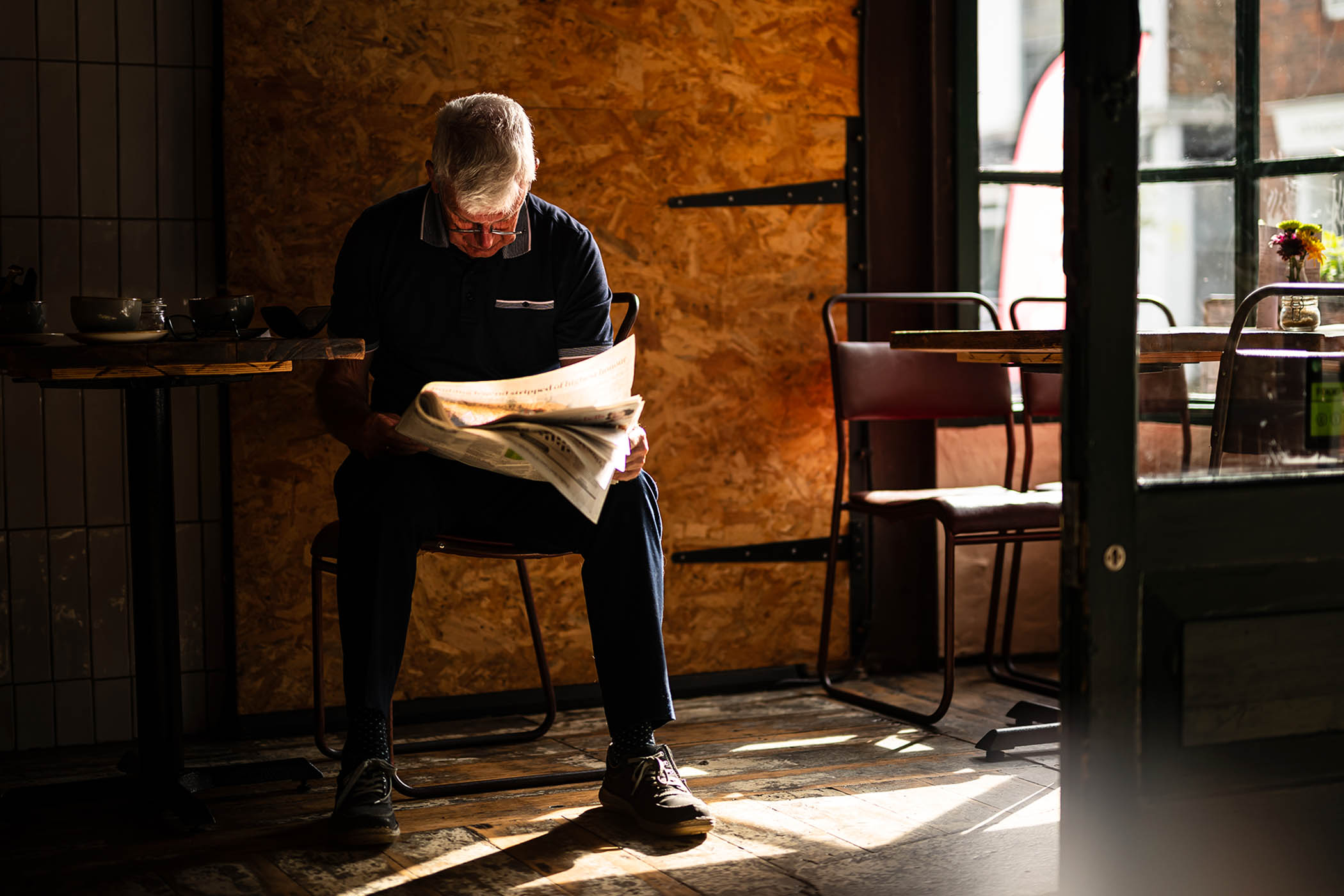Reithian principles may be battered, but this year’s Reith lectures, by the historian and author Rutger Bregman, start on air next week. Entitled Moral Revolution, his lectures are a call to arms against what he calls the “current age of immorality”.
Bregman will challenge us to follow history’s example and assemble small, committed groups, such as the suffragettes and abolitionist movements, to spark positive, transformative, moral change. I hope his ideas inspire, though the fate of some small, committed groups such as Extinction Rebellion and Palestine Action speak of harsher realities.
A more significant obstacle is that only a tiny minority of people feel remotely inclined to stick their head above the parapet now. Rather the opposite: we’re cowering below it, wishing someone would give us a hug. Everyone I’ve asked – family, friends, colleagues – has confirmed they’re turning inwards not outwards.
We are retreating into our little bubbles, turning off the news, drawing the curtains against dark nights and bad agents, switching on the warm-hearted silliness of The Celebrity Traitors. It’s no coincidence the sale of video doorbells is one of the few consumer growth areas.
When you feel personally powerless to do anything in the face of war, climate and polarised politics – indeed, when you see Starmer’s palpably decent, moderate government apparently equally powerless – you hunker down and focus on what you can control: home, family, nice food, close relationships, health, even your own appearance.
When you see Starmer’s decent, moderate government apparently equally powerless… you focus on what you can control
When you see Starmer’s decent, moderate government apparently equally powerless… you focus on what you can control
Official consumer trends point to this defensive psychology. We’re nurturing stuff within our power. Our pleasures are simple and local. Home is the hub. What money we part with is going on garden, plants, pets, recreation and culture, streaming platforms. Eating out and UK staycations in 2025 were heading back up to Covid levels.
Along with this goes a growing, deliberate avoidance of the news. Boomers, gen X, millennials – we’re all giving it up. Reuters estimate that interest in news has halved since 2015 and this isn’t about ignorance, it’s about wellbeing. My brother in the US hasn’t watched a news bulletin since Trump was re-elected; for the sake of his health he prefers re-runs of The Repair Shop.
My future daughter-in-law admits she lives in a bubble because the news overloads her, makes her sad and depressed. She blocks anything remotely political on her social media feed and has, like millions, downloaded a mindfulness app – one of them, Calm, now valued at $1bn, is the first mental health unicorn.
(And they’re on to something. My husband watches Sky News all day and I see his raised stress hormones, his heightened fight-or-flight mechanism.)
I do understand why young people prioritise mental health and the comfort food of social media over engaging with the world. Many are also into the gruesomely named “personal journalling” apps – ie, writing stuff down – which helps them manage anxiety and focus on priorities, most likely how to pay the rent.
Newsletters
Choose the newsletters you want to receive
View more
For information about how The Observer protects your data, read our Privacy Policy
Everywhere the pattern repeats. My carers shut out bad stuff and get about the essential business of sustaining human dignity, finding laughter where they can. Working women everywhere, be they nurses or entrepreneurs, focus on what really matters: childcare and family budgets. My female boomer besties focus on their grandchildren, time devoted to joy, not despair. There is a gender aspect to this: who has the time or energy to spare to effect global moral change?
One must admire Rutger’s positivity. But when people feel that nothing they do will change anything, disengagement is an entirely rational coping strategy. Let’s be positive in a different way and remember that research points to good family life as the critical component in human happiness. Perhaps other methods exist to save the world.
Photograph by Leon Neal/Getty



